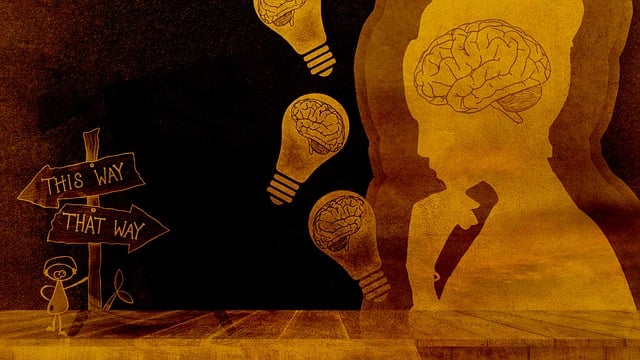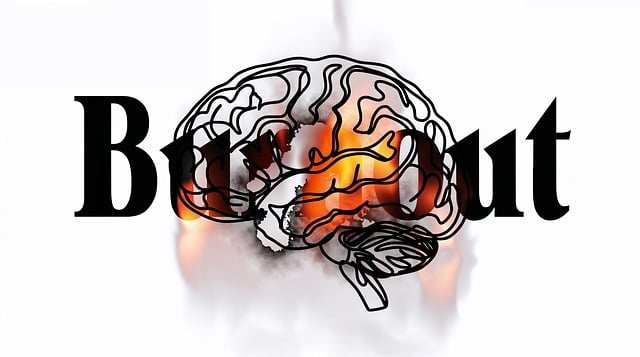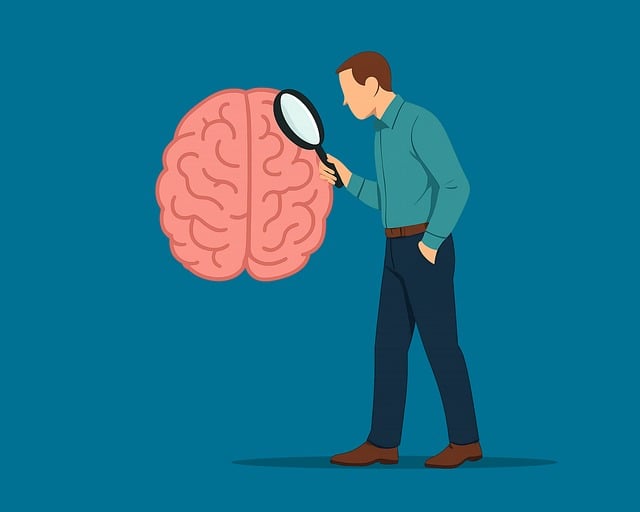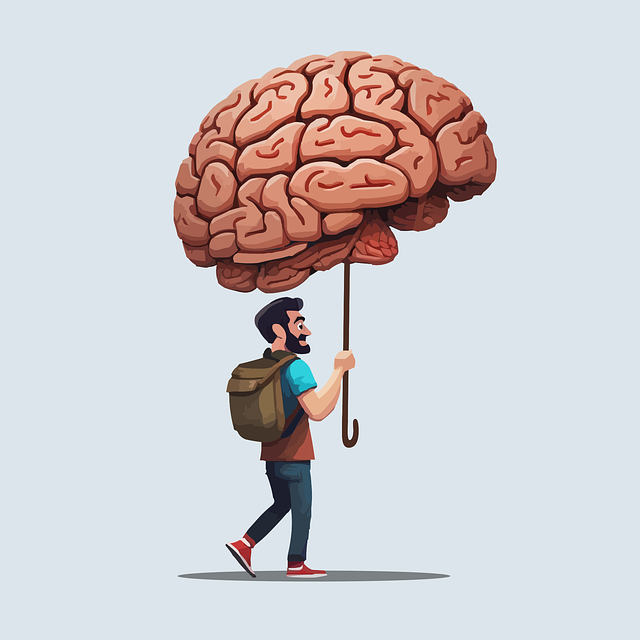Anxiety Management through Arvada Adjustment Disorder Therapy (AADT) targets root causes of worry or fear by focusing on transitions and life stressors, changing thought patterns for resilience. Combining AADT with positive thinking, burnout prevention for healthcare providers, and conflict resolution skills reduces self-talk and effectively manages stress. Cognitive Behavioral Therapies (CBT), effective for Arvada Adjustment Disorder, target negative thought patterns, replacing irrational beliefs with positives ones. Holistic approaches include lifestyle changes like exercise, balanced nutrition, quality sleep; alternative remedies like mindfulness, deep breathing, yoga, acupuncture, and herbal remedies (including AADT).
Anxiety is a prevalent condition affecting millions, but managing it effectively needn’t be daunting. This article explores powerful techniques to help you gain control over anxiety, offering a comprehensive guide to alleviating symptoms and improving your quality of life. From understanding the intricacies of Arvada Adjustment Disorder Therapy to discovering evidence-based cognitive behavioral therapies, you’ll discover a range of tools. Additionally, we delve into lifestyle changes and alternative remedies, emphasizing holistic approaches to long-term anxiety management.
- Understanding Anxiety Management: Unraveling Arvada Adjustment Disorder Therapy
- Cognitive Behavioral Therapies for Effective Anxiety Control
- Lifestyle Changes and Alternative Remedies for Anxiety Reduction
Understanding Anxiety Management: Unraveling Arvada Adjustment Disorder Therapy

Anxiety Management involves understanding and addressing the root causes of excessive worry or fear. One effective approach is Arvada Adjustment Disorder Therapy (AADT), which focuses on helping individuals cope with transitions and life stressors. This therapy recognizes that anxiety often arises from our perceptions and interpretations of events, rather than the events themselves. By changing these thought patterns, AADT aims to foster resilience and promote a more positive outlook.
Incorporating strategies like positive thinking, burnout prevention techniques for healthcare providers, and conflict resolution skills can significantly enhance the benefits of AADT. Positive thinking encourages individuals to challenge negative thoughts with realistic ones, thereby reducing anxiety-inducing self-talk. Burnout prevention strategies ensure that healthcare providers, often at high risk of experiencing anxiety due to demanding work environments, maintain well-being. Conflict resolution techniques help manage stressful situations by providing tools for effective communication and problem-solving, further mitigating the impact of anxiety.
Cognitive Behavioral Therapies for Effective Anxiety Control

Cognitive Behavioral Therapies (CBT) have proven to be highly effective in managing anxiety disorders, including Adjustment Disorder in Arvada. CBT focuses on identifying and changing negative thought patterns that contribute to anxiety. Through this process, individuals learn to challenge and replace irrational beliefs with more realistic and positive ones, thereby reducing the intensity of anxious feelings.
This approach not only helps in controlling immediate symptoms but also equips individuals with long-lasting coping strategies for future challenges. Moreover, CBT can be tailored to address specific concerns, making it a versatile tool in mental health policy analysis and advocacy. By integrating these therapies into risk management planning for mental health professionals, practitioners can offer personalized care that enhances depression prevention and promotes overall well-being.
Lifestyle Changes and Alternative Remedies for Anxiety Reduction

Anxiety management extends beyond traditional therapy and medication. Incorporating lifestyle changes and alternative remedies can significantly reduce symptoms. Regular exercise, a balanced diet, and adequate sleep are foundational for mental wellness, as they help regulate mood and decrease stress levels. Techniques like mindfulness meditation, deep breathing exercises, and yoga have been proven effective in reducing anxiety and promoting relaxation.
Additionally, exploring alternative therapies such as acupuncture, massage therapy, or herbal remedies can offer complementary relief. For instance, the Arvada Adjustment Disorder Therapy leverages manual adjustments to alleviate physical tension connected with stress and anxiety. Beyond these practices, engaging in creative outlets like art, music, or writing can serve as powerful tools for processing emotions and cultivating mental health awareness. Moreover, participating in a Mental Wellness Podcast Series Production provides accessible resources for learning new coping strategies and staying informed about the latest research in mental health.
Anxiety management is a holistic journey that involves understanding and addressing both mental and physical aspects. From cognitive behavioral therapies to lifestyle changes, various techniques offer effective control over anxiety. Integrating practices like Arvada Adjustment Disorder Therapy can significantly reduce symptoms, promoting a calmer mind and improved overall well-being. By embracing these strategies, individuals can navigate their anxiety, fostering resilience and a higher quality of life.













